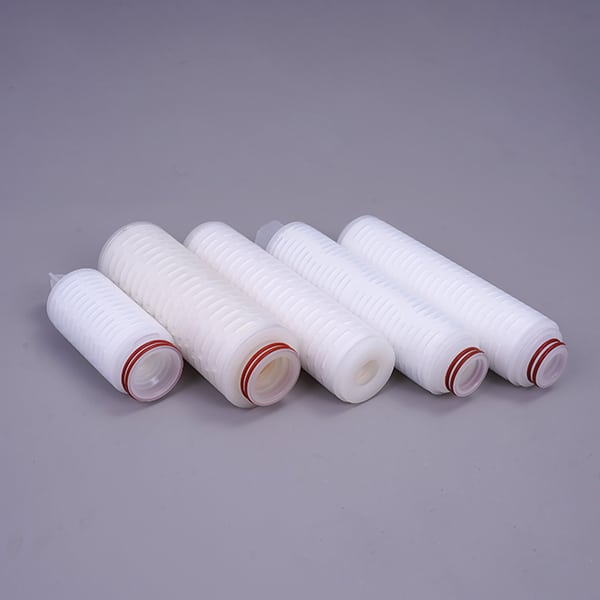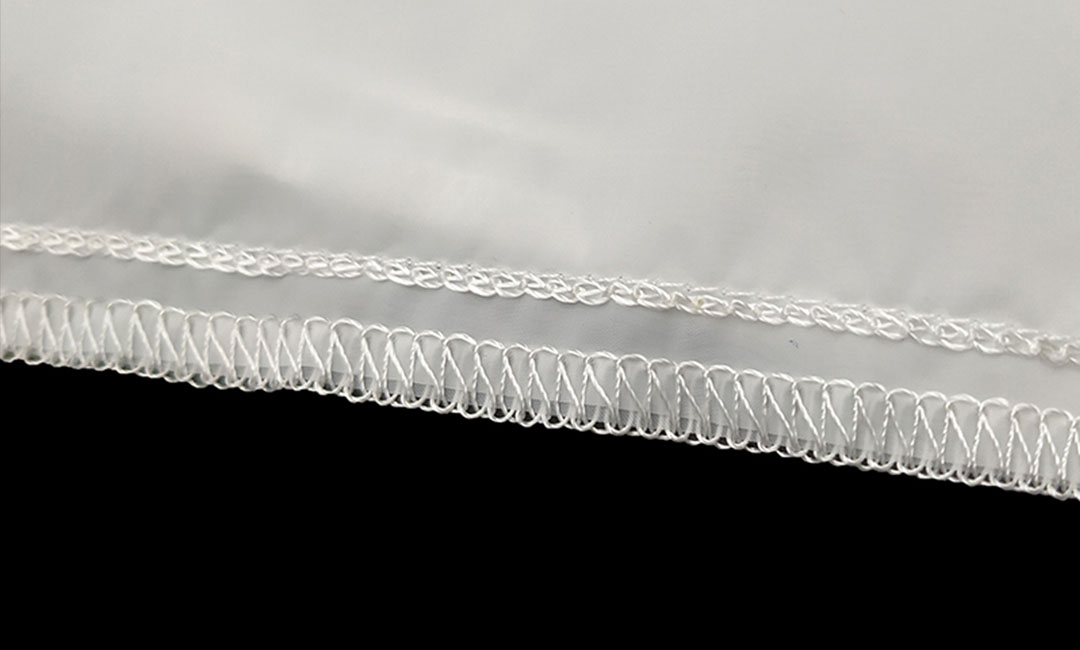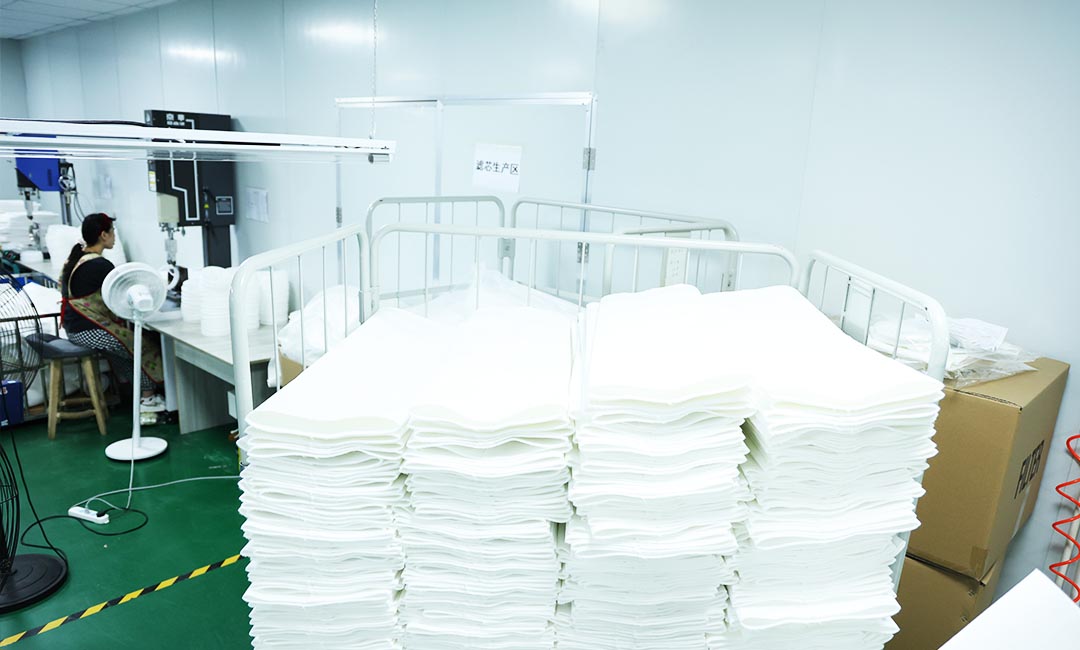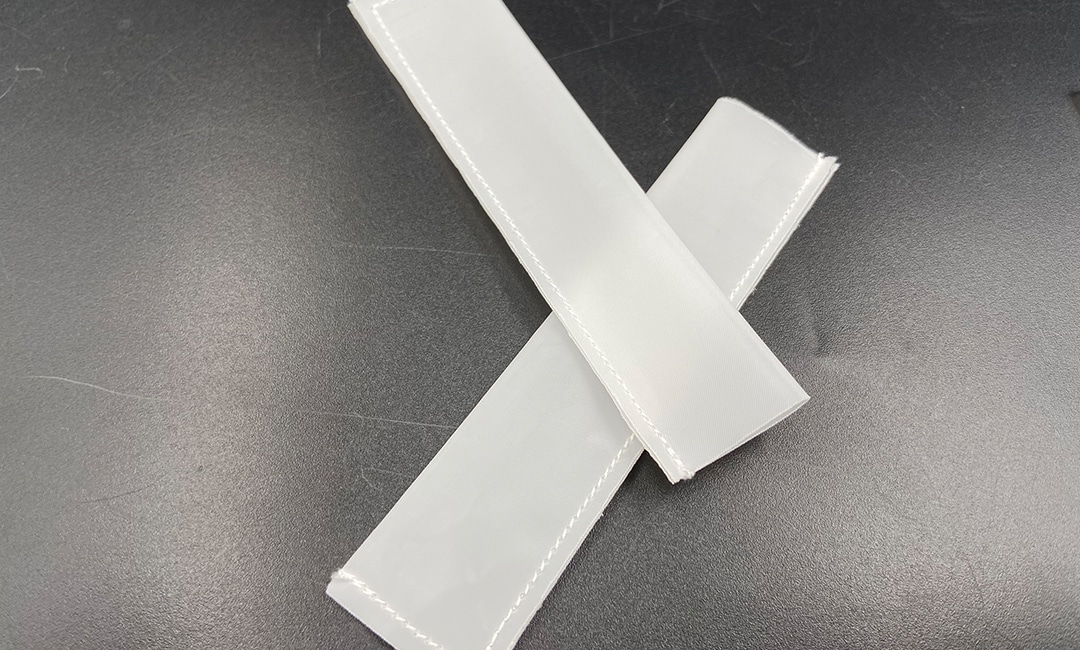
Can You Press Rosin Without a Bag? Pros and Cons
Benefits of Pressing Rosin Without a Bag
Rosin extraction has become increasingly popular among cannabis enthusiasts and home growers as a safe and solvent-free method of obtaining high-quality concentrates. One common question that arises in the rosin pressing community is whether it is possible to press rosin without using a filter bag. In this article, we will explore the pros and cons of pressing rosin without a bag.
One of the main benefits of pressing rosin without a bag is increased yield. When using a filter bag, some of the rosin can get trapped in the pores of the bag, leading to a lower overall yield. By pressing without a bag, you can potentially extract more rosin from your starting material, resulting in a higher return on investment.
Another advantage of pressing rosin without a bag is improved flavor and aroma. Some users believe that using a filter bag can affect the taste and smell of the final product, as the bag can absorb some of the terpenes and other volatile compounds present in the rosin. By pressing without a bag, you may be able to preserve more of the natural flavors and aromas of the cannabis plant, resulting in a more enjoyable experience for the consumer.
Additionally, pressing rosin without a bag can be more cost-effective in the long run. Filter bags can be expensive and need to be replaced regularly, especially if you are pressing large quantities of rosin on a regular basis. By eliminating the need for filter bags, you can save money over time and reduce the environmental impact of your rosin extraction process.
However, there are also some drawbacks to pressing rosin without a bag that should be considered. One potential downside is the risk of contamination. Without a filter bag to contain the plant material, there is a higher chance of impurities such as plant matter, dust, or other contaminants ending up in the final product. This can affect the quality and purity of the rosin, potentially leading to a less desirable end product.
Another disadvantage of pressing rosin without a bag is the potential for increased difficulty in handling the extracted material. Without a filter bag to contain the rosin, it can be more challenging to collect and handle the sticky concentrate, leading to a messier and more time-consuming extraction process. This can be especially problematic for beginners or those with limited experience in rosin pressing.
In conclusion, pressing rosin without a bag has its own set of pros and cons that should be carefully weighed before deciding on the best method for your extraction needs. While pressing without a bag can result in higher yields, improved flavor, and cost savings, it also comes with the risk of contamination and increased difficulty in handling the extracted material. Ultimately, the decision to press rosin with or without a bag will depend on your personal preferences, experience level, and desired outcome.
Drawbacks of Pressing Rosin Without a Bag
Rosin extraction has become increasingly popular among cannabis enthusiasts and home growers as a safe and solventless method of producing high-quality concentrates. One common question that arises in the rosin pressing community is whether it is possible to press rosin without using a filter bag. While some may argue that using a filter bag is essential for achieving the best results, others believe that pressing rosin without a bag can yield equally impressive results. In this article, we will explore the pros and cons of pressing rosin without a bag.
One of the main drawbacks of pressing rosin without a bag is the potential for contamination. When pressing flower or hash without a filter bag, plant material can seep into the rosin, resulting in a lower-quality product. This can affect the flavor, potency, and overall appearance of the rosin, making it less desirable for consumers. Additionally, without a filter bag, it can be more challenging to remove impurities and debris from the final product, leading to a less refined concentrate.
Another disadvantage of pressing rosin without a bag is the risk of blowouts. Blowouts occur when too much pressure is applied during the pressing process, causing the parchment paper to burst and leak rosin. When using a filter bag, the bag acts as a barrier between the plant material and the parchment paper, reducing the likelihood of blowouts. Without a filter bag, it can be more difficult to control the pressure and prevent blowouts, resulting in wasted material and a messy cleanup.

Furthermore, pressing rosin without a bag can be more time-consuming and labor-intensive. Without a filter bag, it can be challenging to separate the rosin from the plant material, requiring additional steps such as freezing and sifting to achieve a clean final product. This can be a tedious process that may not be worth the extra effort for some users. Additionally, without a filter bag, it can be harder to achieve consistent results with each press, leading to variations in quality and yield.
Despite these drawbacks, there are some potential benefits to pressing rosin without a bag. One advantage is the potential for increased terpene retention. Some users believe that using a filter bag can trap valuable terpenes and other compounds, resulting in a less flavorful and aromatic final product. By pressing rosin without a bag, it may be possible to preserve more of the natural terpenes present in the plant material, enhancing the overall sensory experience for consumers.
Additionally, pressing rosin without a bag can be more cost-effective for some users. Filter bags can be expensive and may need to be replaced frequently, especially for those who press rosin regularly. By eliminating the need for filter bags, users can save money in the long run and reduce their overall production costs. This can be particularly beneficial for home growers and small-scale producers looking to maximize their profits.
In conclusion, while there are some potential benefits to pressing rosin without a bag, such as increased terpene retention and cost savings, there are also significant drawbacks to consider. Contamination, blowouts, and labor-intensive cleanup are all potential issues that can arise when pressing rosin without a filter bag. Ultimately, the decision to press rosin with or without a bag will depend on individual preferences and priorities. It is essential for users to weigh the pros and cons carefully before deciding which method is best suited to their needs.
Tips for Pressing Rosin Without a Bag
Rosin extraction has become increasingly popular among cannabis enthusiasts and home growers. This solventless method of extracting cannabinoids and terpenes from the plant material has gained a reputation for producing high-quality concentrates with a clean and flavorful profile. One common question that arises among rosin enthusiasts is whether it is possible to press rosin without using a filter bag. In this article, we will explore the pros and cons of pressing rosin without a bag and provide some tips for achieving the best results.
Pressing rosin without a filter bag can have both advantages and disadvantages. One of the main benefits of pressing rosin without a bag is that it allows for a more direct extraction of the plant material. Without a filter bag, the rosin press plates come into direct contact with the cannabis flower, resulting in a more efficient extraction process. This can lead to higher yields and a more potent final product.
Another advantage of pressing rosin without a bag is that it can result in a more flavorful concentrate. Some users believe that using a filter bag can trap some of the terpenes and other volatile compounds present in the plant material, leading to a loss of flavor. By pressing rosin without a bag, you may be able to preserve more of the natural aroma and taste of the cannabis flower.
However, there are also some drawbacks to pressing rosin without a filter bag. One of the main concerns is the potential for contamination of the final product. Without a filter bag to contain the plant material, there is a higher risk of impurities such as plant matter, dust, or other contaminants ending up in the rosin. This can affect the quality and purity of the concentrate, leading to a less desirable end product.
Another disadvantage of pressing rosin without a bag is the potential for a messier extraction process. Without a filter bag to contain the plant material, there is a higher likelihood of rosin leaking out from the sides of the press plates or getting stuck to the plates themselves. This can make the extraction process more challenging and result in a less efficient use of the rosin press.
If you decide to press rosin without a bag, there are some tips that can help you achieve the best results. One important tip is to use high-quality cannabis flower that has been properly dried and cured. This will help ensure a clean and flavorful extraction process. Additionally, it is important to use the right amount of pressure and heat when pressing rosin without a bag. Too much pressure or heat can lead to a lower-quality final product, while too little pressure or heat may result in a lower yield.
In conclusion, pressing rosin without a filter bag can have both advantages and disadvantages. While it may result in a more direct extraction process and a more flavorful concentrate, there is also a higher risk of contamination and a messier extraction process. By following the tips mentioned above, you can help ensure a successful rosin extraction without a bag. Ultimately, the decision to press rosin with or without a bag will depend on your personal preferences and priorities when it comes to the quality and purity of the final product.
Comparison of Rosin Pressing Methods: With Bag vs Without Bag
Rosin pressing has become a popular method for extracting cannabis concentrates due to its simplicity and effectiveness. One common question that arises when it comes to rosin pressing is whether or not you can press rosin without a bag. In this article, we will explore the pros and cons of pressing rosin with and without a bag to help you determine which method may be best for your needs.

Pressing rosin without a bag, also known as “bagless” pressing, involves placing the cannabis flower directly onto the heat plates of the rosin press without the use of a filter bag. This method allows for direct contact between the flower and the heat plates, which can result in a faster extraction process and potentially higher yields. However, there are some drawbacks to pressing rosin without a bag that should be considered.
One of the main advantages of pressing rosin without a bag is the potential for higher yields. Without a filter bag to restrict the flow of rosin, more of the extract can be collected during the pressing process. This can be especially beneficial for those looking to maximize their yield and get the most out of their cannabis flower.
Additionally, pressing rosin without a bag can result in a faster extraction process. Since there is no filter bag to heat up and press through, the rosin can be extracted more quickly, saving time and allowing for a more efficient pressing process.
However, there are some downsides to pressing rosin without a bag that should be taken into consideration. One of the main drawbacks is the potential for contamination. Without a filter bag to contain the cannabis flower, there is a higher risk of plant material and other impurities making their way into the final extract. This can result in a lower-quality product that may not be as desirable to consumers.
Another disadvantage of pressing rosin without a bag is the potential for a messier extraction process. Without a filter bag to contain the flower, there is a higher likelihood of rosin leaking out onto the heat plates and other surfaces, leading to a more difficult cleanup process.

In contrast, pressing rosin with a filter bag offers some distinct advantages. Using a filter bag can help to contain the cannabis flower and prevent plant material from contaminating the final extract. This can result in a cleaner, higher-quality product that is more appealing to consumers.
Additionally, using a filter bag can make the extraction process more manageable and less messy. The bag helps to contain the flower and rosin, making it easier to collect and handle the extract without it spilling onto other surfaces.
Overall, both methods of pressing rosin have their own set of pros and cons. Pressing rosin without a bag can result in higher yields and a faster extraction process, but it also comes with the risk of contamination and a messier extraction process. On the other hand, pressing rosin with a filter bag can help to produce a cleaner, higher-quality product, but it may also be more time-consuming and require additional cleanup.
Ultimately, the decision of whether to press rosin with or without a bag will depend on your specific needs and preferences. It may be worth experimenting with both methods to see which one works best for you and produces the desired results.

